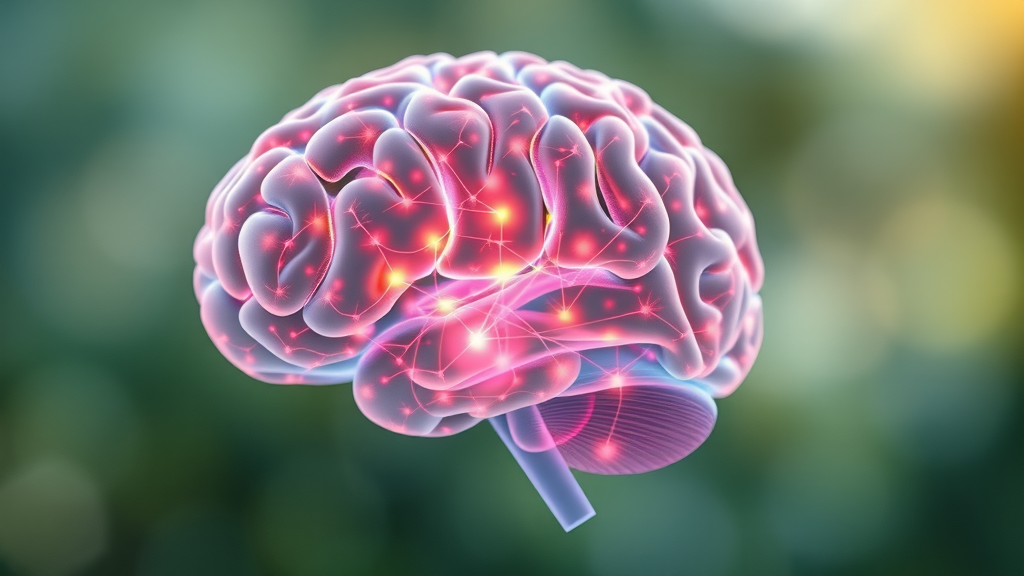Have you ever felt overwhelmed by the chaos of modern life and wondered how you could find peace? Imagine discovering a powerful yet simple way to dissolve stress, bringing clarity and calmness into your everyday routine. In this article, we delve into the transformative power of mindfulness for stress reduction, exploring its practices, benefits, and personal insights that might just change the way you view stress management forever.
Understanding Mindfulness: A Pathway to Stress Reduction
Mindfulness is a profound approach that offers a path to peace amidst turmoil. By cultivating a present-focused awareness, it empowers individuals to become more in tune with their thoughts, emotions, and surroundings, enabling them to navigate stress with greater ease. Mindfulness for stress reduction isn’t simply a technique; it's a lifestyle change that involves being aware of each moment without judgment.
The essence of mindfulness lies in its capacity to shift our attention from the tumultuous whirlwind of thoughts to a more balanced awareness. According to studies like those conducted by Burton et al. and Bishop et al., individuals practicing mindfulness report a lower stress response and experience improved emotional regulation. As an easily accessible practice, mindfulness can be integrated into daily life, providing an antidote to the pervasive stress many encounter.

From Chaos to Calm: The Science Behind Mindfulness
The scientific basis for mindfulness is rooted in its effect on the frontal cortex of the brain. Research indicates that mindfulness practice enhances this region, which is associated with emotional control and executive functions. Individuals engaged in mindfulness exercises, such as the body scan meditation, showcase significant improvements in mood and a reduction in anxiety symptoms.
A study conducted by researchers, including Li et al., revealed that structured mindfulness activities led to changes in brain regions responsible for reducing the sympathetic nervous system response, effectively reducing stress markers like heart rate and blood pressure. This biological mechanism underscores the transformative power of mindfulness, not just at a psychological level but physiologically as well.
Personal Insights: My Journey with Mindfulness to Combat Stress
My own journey with mindfulness began during a particularly tumultuous period marked by work stress and personal challenges. Initially skeptical, I decided to immerse myself in mindfulness practice to see if it could ease the burdens of daily life. With consistent practice, I found myself able to cultivate a relaxed state, and the transformation was palpable.
Engaging in guided mindfulness meditations provided by experts like Sharon Salzberg opened new pathways to emotional wellness. Her words, "Mindfulness isn't difficult, we just need to remember to do it," resonated with me deeply, providing the motivation needed to integrate mindfulness into my routine actively. Over time, I have experienced firsthand the reduction in chronic stress and a noticeable improvement in my quality of life, proving the efficacy of mindfulness practices.

How Does Mindfulness Help in Reducing Stress?
Mindfulness and the Mind: Neurological Impacts
The neurological benefits of mindfulness are profound, affecting various brain regions associated with stress. Practicing mindfulness helps strengthen connections within the brain, promoting emotional control and attention. As the famous Shapiro et al. studies highlight, regular mindfulness can not only reduce stress but also act as a preventive measure against anxiety and depression.

Practical Exercises to Instantly Reduce Stress
Integrating exercises such as the body scan meditation and mindful breathing into your daily routine can yield immediate stress relief. Start by dedicating a few moments each morning to pay attention to your breath, gradually alleviating the day's tension. Additionally, exercises like yoga poses in a serene environment can further support stress management efforts.

What is the Mindful Approach to Stress Reduction?
The 7 C's of Mindfulness: Core Principles Explored
The practice of mindfulness hinges on several core principles often summarized as the 7 C's: Curiosity, Creativity, Control, Compassion, Clarity, Confidence, and Commitment. Each of these components plays a crucial role in nurturing a prolonged stress management approach. They encourage not just the reduction of stress but the cultivation of a peaceful and proactive mindset.

How Do You Do Mindfulness-Based Stress Reduction?
Step-by-Step Practice Guide
Mindfulness-Based Stress Reduction (MBSR) is a structured program designed to teach techniques for managing stress through mindfulness practices. Start with guided meditations and gradually incorporate mindfulness into daily activities, such as mindful eating and informal practice settings. The aim is to reduce perceived stress and enhance mental wellbeing.
Common Challenges and How to Overcome Them
Overcoming the initial hurdles of mindfulness practice, such as maintaining consistency and battling distractions, can be challenging. However, adopting a flexible mindset and leveraging social support from fellow practitioners or trainers can significantly ease this process. Remember, persistence is the key to experiencing a significant improvement.

Quotes from Renowned Mindfulness Practitioners
"Mindfulness isn't difficult, we just need to remember to do it." — Sharon Salzberg
"The present is the only time that can control us." — Eckhart Tolle
The Benefits of Using Mindfulness for Stress Management
Mental Health Benefits
Practicing mindfulness enhances mental health, reducing symptoms of depression and anxiety. By fostering a deep understanding of thoughts and feelings, mindfulness decreases psychological distress and promotes a sense of peace and emotional resilience.

Physical Health Improvements
The benefits of mindfulness extend beyond the mind to the body, positively impacting physical health. Regular practice of mindfulness can lead to reduced blood pressure, a stronger immune system, and a more relaxed state. This holistic impact makes mindfulness an invaluable tool for maintaining overall health.

Improved Relationships and Social Interactions
Mindfulness nurtures improved relationships and social interactions by enhancing communication skills and empathy. Individuals who regularly engage in mindfulness practices report more fulfilling, empathetic interactions with others, demonstrating its ability to foster deeper connections.
| Group | Stress Level (0-10) |
|---|---|
| Mindfulness Practitioners | 3 |
| Non-Practitioners | 7 |
Frequently Asked Questions About Mindfulness
- How does mindfulness help in reducing stress?
- What is the mindful approach to stress reduction?
- How do you do mindfulness-based stress reduction?
- What are the 7 C's of mindfulness?
Key Takeaways on Mindfulness and Stress Reduction
Mindfulness as a Tool for Personal Peace
Mindfulness offers a path to achieving personal peace by transforming how individuals relate to their thoughts and emotions. By cultivating mindfulness, one can experience a profound shift towards tranquility and clarity, enabling a healthier, stress-free life.
Integration of Mindfulness into Everyday Life
For mindfulness to be effective, it must become a staple of daily life. This integration involves shifting from reacting to situations to mindfully responding with awareness and intention. Making mindfulness a daily habit fosters enduring mental health benefits and improved resilience against stress.

Conclusion
Mindfulness: A Sustainable Solution for a Stress-Free Life
What You'll Learn from This Exploration
- The foundational principles of mindfulness
- Practical steps to implement mindfulness
- Insights from experts
 Add Row
Add Row  Add Element
Add Element 



Write A Comment